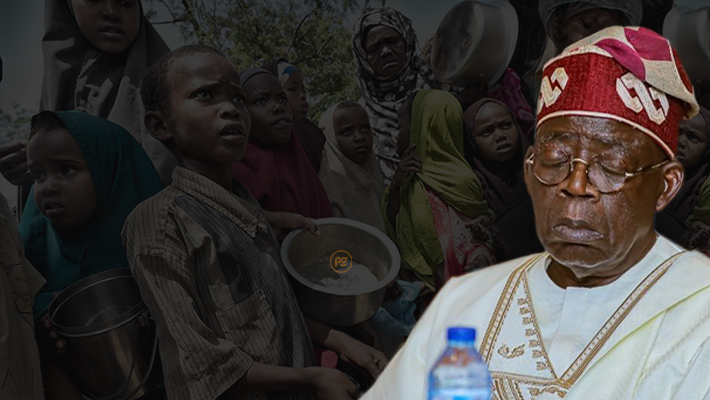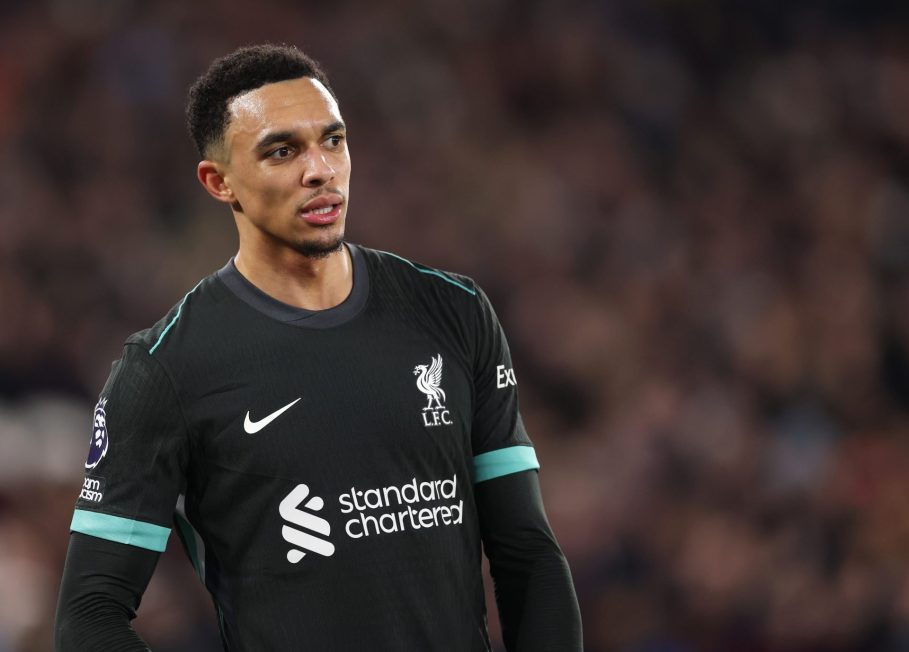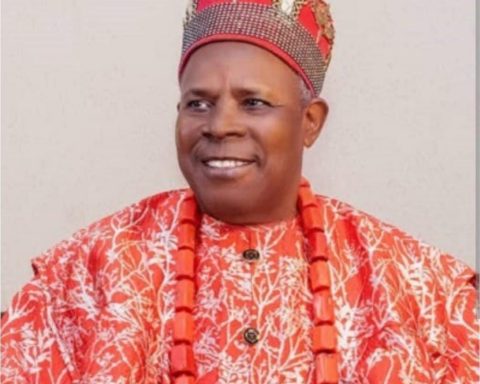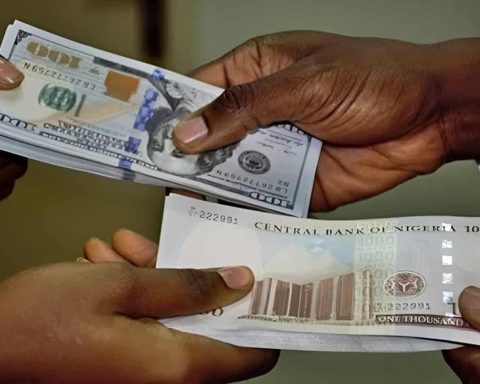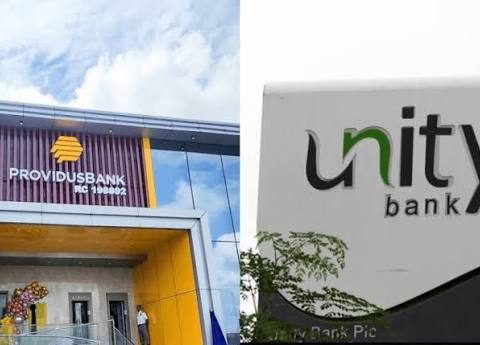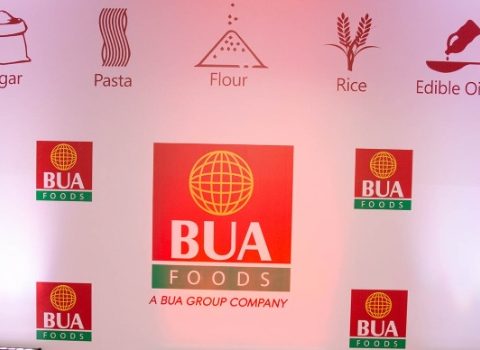Inflation has been described as the cruellest tax, silently eroding purchasing power and deepening poverty. In Nigeria, the situation has reached alarming heights, with inflation hitting 34.6%—a 28-year high. The government has set an ambitious target to reduce it to 15% by 2025, but achieving this goal is fraught with challenges.
Food prices have skyrocketed, the naira remains volatile, and excess liquidity has made life difficult for both consumers and businesses. Despite monetary tightening by the Central Bank of Nigeria (CBN), including raising interest rates to 27.5%, skepticism abounds about the effectiveness of these measures.
Join our WhatsApp Channel“Nigeria’s economy will always have problems with inflation as long as there isn’t a clear plan that goes beyond raising interest rates,” warns financial analyst Adewale Ogunleye.
Tinubu’s Economic Reforms: A Risk or a Solution?
President Bola Ahmed Tinubu has inherited an economy in crisis. His administration has promised to curb inflation, but Nigerians are questioning whether these reforms will provide relief or exacerbate their hardships.
Economic historian, Dr. Bukola Ajayi, points to international examples like Turkey and Argentina. “Turkey managed to reduce inflation from 86% in 2022 to under 50% by 2024 through fiscal discipline and structural reforms,” she says. “But these measures were painful, involving deep cuts to public spending and substantial interest rate hikes. Can Nigeria’s political system handle such bold moves without public unrest?”
Argentina offers a cautionary tale. Faced with inflation exceeding 200%, President Javier Milei implemented tough fiscal policies. While effective, these reforms caused widespread discontent. Experts warn that Nigeria may face similar social challenges if reforms are poorly managed.
The Roots of Nigeria’s Inflation Crisis
Addressing Nigeria’s inflation crisis requires more than superficial solutions. At its core, the problem lies in weak fiscal discipline, a volatile currency, and an underperforming agricultural sector.
The government’s history of deficit spending, often financed by central bank overdrafts, fuels inflation. Economist Dr. Tunde Omoyeni emphasises, “Reducing public expenditure, especially on non-productive ventures, is non-negotiable if we are serious about tackling inflation.”
Stabilising the naira is another critical priority. Speculative activities and dwindling foreign reserves have kept the currency unstable. The recent attempt to unify exchange rates has shown limited success, with experts calling for a robust strategy that includes boosting foreign exchange reserves through export diversification and remittances.
Food Prices and Agricultural Reform
Food prices remain the single largest contributor to inflation in Nigeria. Investment in agriculture is critical to controlling this. Mechanisation, better infrastructure, and access to credit are some of the reforms necessary to transform the sector.
READ ALSO: Failure To Act On Food Import Policy Cause Of Rising Inflation – NLC, OPS
“Without a focus on agricultural productivity, we’re simply treating the symptoms of inflation rather than its root cause,” says agricultural economist Dr. Aisha Balogun. “Farmers need better tools, roads to transport their goods, and affordable credit. Otherwise, food prices will continue to rise, dragging inflation along with them.”
Governance and Institutional Reforms
Weak governance and lack of transparency have long undermined Nigeria’s economic potential. Experts argue that institutional reforms must accompany any economic plan to combat inflation effectively.
“Transparency builds investor confidence,” notes financial consultant Oluwatoyin Adebanjo. “If the government fails to create an environment of trust, no amount of monetary or fiscal reform will succeed. Corruption and inefficiency are the real killers here.”
Lessons from Other Countries
Countries like Turkey, Argentina, and Indonesia have provided blueprints for tackling inflation. Turkey’s success came from bold fiscal restraint and structural reforms, while Indonesia’s proactive price regulation and supply chain management kept inflation manageable at 5.95%.
Nigeria could adopt similar measures, but success depends on the political will to make hard choices. Reducing public spending, stabilising the naira, and investing in critical sectors like agriculture will require sacrifices, and there’s little room for error.
Will Nigerians Pay the Price?
The human cost of inflation is undeniable. Families are struggling to afford basic necessities, businesses are cutting jobs, and economic growth is stalling. For many Nigerians, Tinubu’s reforms represent both hope and fear—a potential lifeline or another false promise.
If the government achieves its goal of reducing inflation to 15% by 2025, it could lay the foundation for sustainable growth. But failure would deepen the economic despair that has already gripped the nation.
“We’ve been here before, and promises were broken,” says market trader Samuel Adekunle. “If this government doesn’t deliver, people will lose faith completely.”
The Time for Action
Inflation is more than an economic issue; it’s a national crisis. The government must act decisively, not just with monetary policies but with comprehensive reforms that address the root causes. Anything less risks not only the economy but the trust of a nation yearning for change.
Tinubu’s administration has the tools to succeed, but the question remains: will it use them wisely or squander yet another opportunity to lift Nigerians out of poverty? Only time will tell.


